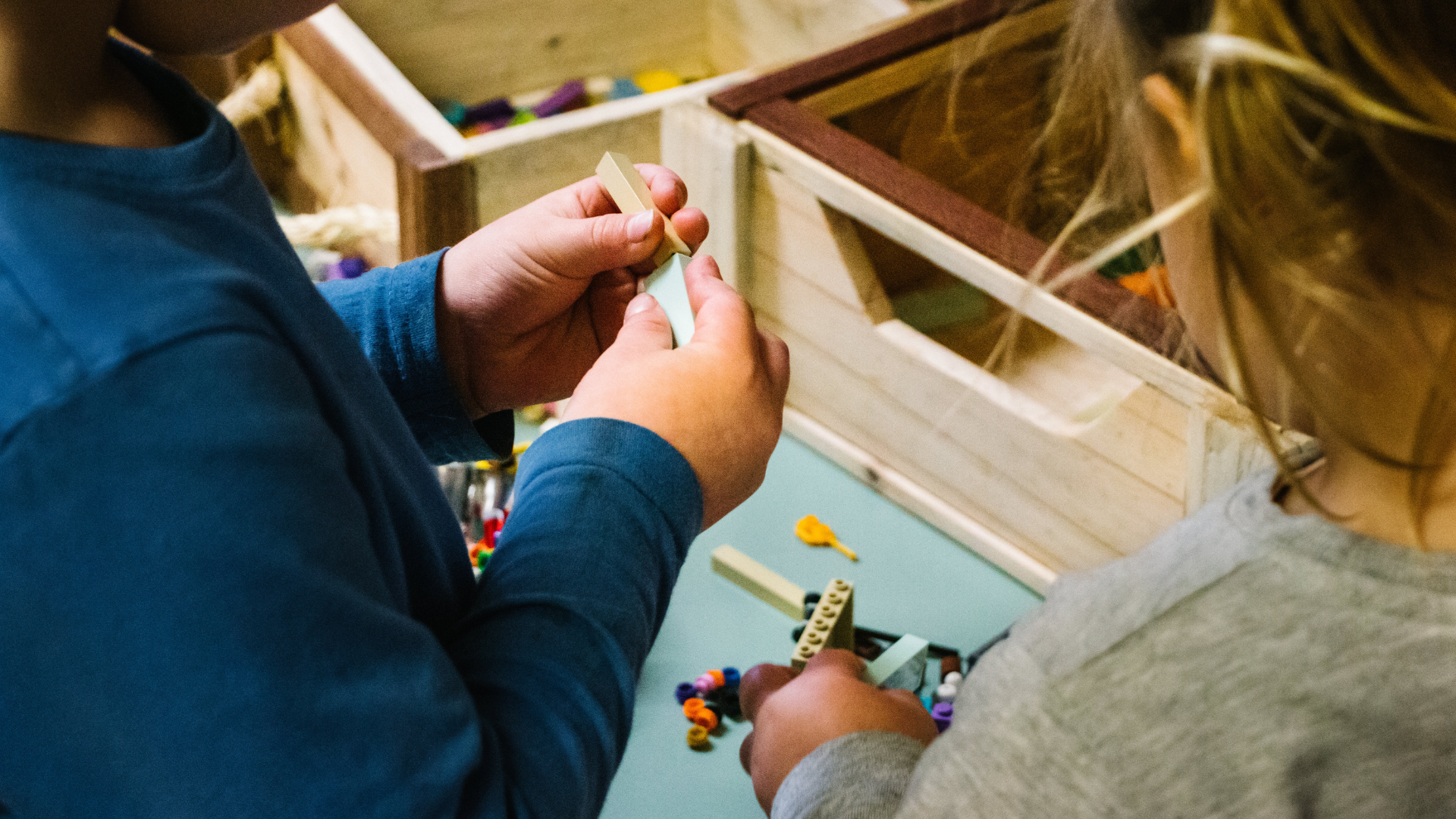[Last updated: 23 August 2025]

Learning to manage emotions can be challenging for some children. Learn how you can work with your child's educators to help them develop emotional regulation and other skills to support positive behaviour.
Each child is unique. They each have different temperaments and capacity to 'control' their emotions, depending on their age, skills, abilities, interests and content. This is also known as emotional regulation.
From birth, children begin to explore how the social world works. They learn to manage their feelings and behaviours and understand their rights and responsibilities as young citizens.
Educators, families and carers play an important role supporting and guiding children learning to regulate their behaviour. Guiding your child’s behaviour consistently at the service and at home will help their learning and development.
Many factors contribute to your child's behaviour and interactions at their service
- programs and routines
- equipment and resources
- the physical environment
- interactions between children and between adults
- how they rest and sleep
- nutrition
- medical conditions.
Changes to the family environment at home can also have an effect. For example, the birth of a sibling or moving house.
Guiding your child's behaviour
Educators will provide support based on your child’s individual needs.
For example, a non-verbal 2-year-old may be biting others as a way of gaining some control over their environment. This child will need a different level of understanding and support to an older child interrupting group play by continually knocking down constructions. They will need different levels of understanding and support from the educators.
Each situation is a 'teachable moment' for children to learn about themselves and the world. They have opportunities to develop empathy, understand the consequences of their behaviour, and build strategies to respond to challenges.
Each child has the capacity to learn and develop resilience, negotiation and problem solving skills. This is supported through positive relationships with educators and other children at their service.
How do services support positive behaviour?
Educators support and guide children’s behaviour by building positive relationships with children. Positive, respectful daily interactions with children help them learn about interdependence and becoming considerate citizens. They lay guiding foundations for children developing trust, self confidence and self regulation skills, making decisions and relating to others positively and effectively.
Educators:
- give children positive feedback, helping them feel proud of who they are
- teach children how to handle conflicts and develop empathy
- help children make informed choices about their behaviour
- listen to children's concerns and talk about fairness and inclusion.
- teach children about consent and respecting their decisions when it's safe
- create play areas with enough resources for different group activities
- make children feel safe by offering help and support
- are fair and consistent in guiding children's behaviour
- are positive role models and treat everyone with respect
- set clear rules for play that all children understand
- manage noise levels so children can play, eat, and rest comfortably
- work with families to support children's behaviour at home and in the service.
The National Quality Framework guides providers and educators on quality interactions with children and child safe environments.
Interactions should respect each child's dignity and rights, giving positive guidance and encouraging good behaviour.
Educators use different strategies to address bad behaviour, like helping children solve problems, redirecting them, or addressing issues like tiredness or hunger.
Educators should not shout at, smack, humiliate, or isolate children for bad behaviour. If you notice inappropriate discipline, let the approved provider, nominated supervisor, or regulatory authority know. Services must display contact details for complaints and your state/territory’s regulatory authority.
Collaborating with your child's educators
All services are required to have a policy about interactions with children. This guides the opportunities they give children to interact and develop respectful and positive relationships with each other and with staff members. The policy will be available to you and is a good starting point to work with educators to guide and support your child’s behaviour.
Collaborating with your child’s educator gives you opportunities to:
- get help with any challenges you’re having when guiding your child’s behaviour
- discuss behaviour expected at the service and how any concerns can be addressed
- learn about the strategies educators use to respond to ongoing behavioural concerns that impacts a child’s opportunity to be an active member of the group.
I’s also important for all children to be treated fairly, supported to solve problems and negotiate positively with other children and adults.
Developing a shared understanding between families and educators about how children’s behaviour is supported is important.
This may also involve working together with children’s early intervention specialists to ensure consistent approaches to guiding and support children’s behaviour at the service and at home, making the child’s learning and development more effective.
Children’s self-regulation will develop, and their positive involvement with their learning and development will increase, ensuring positive outcomes for everyone!